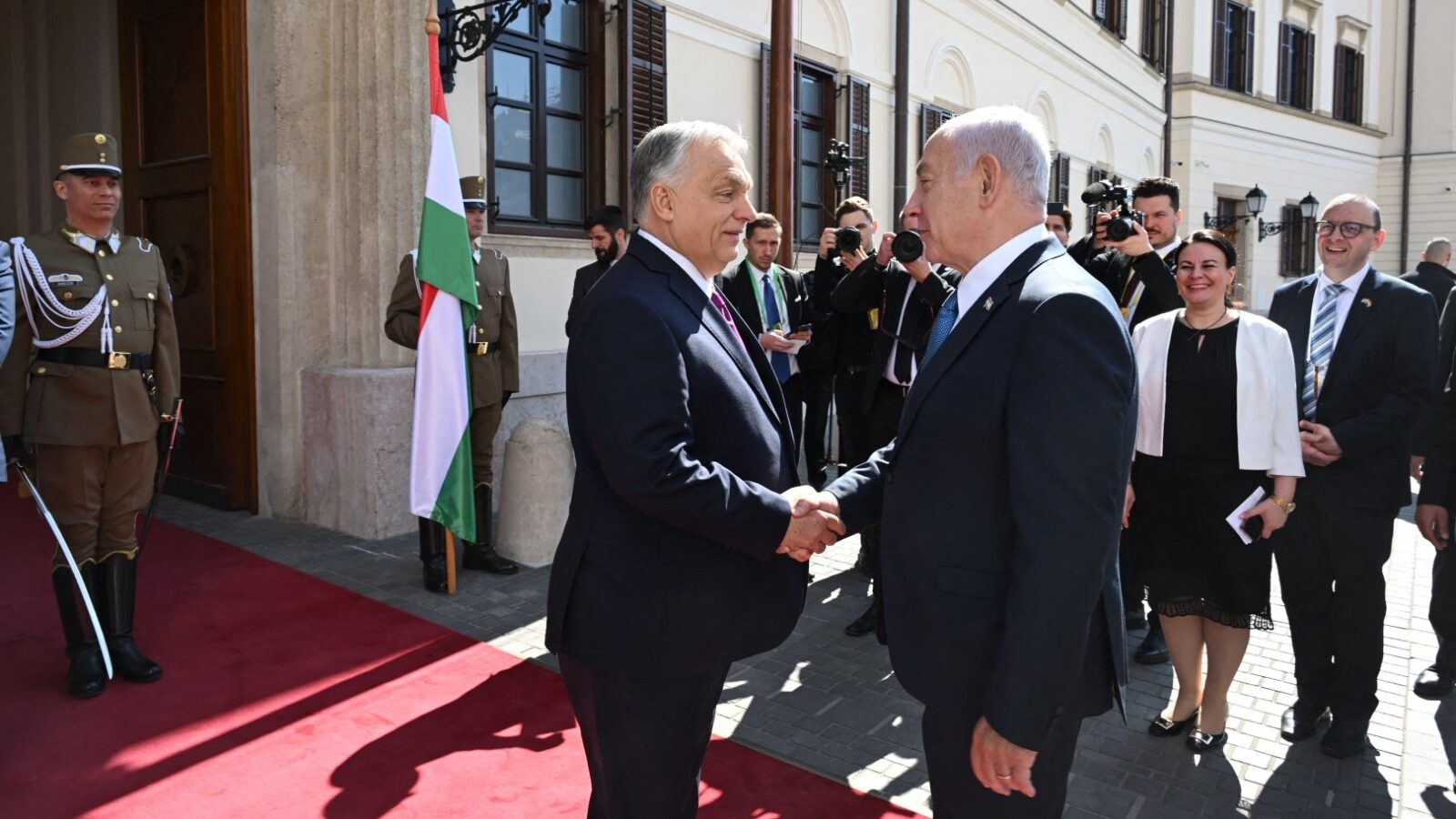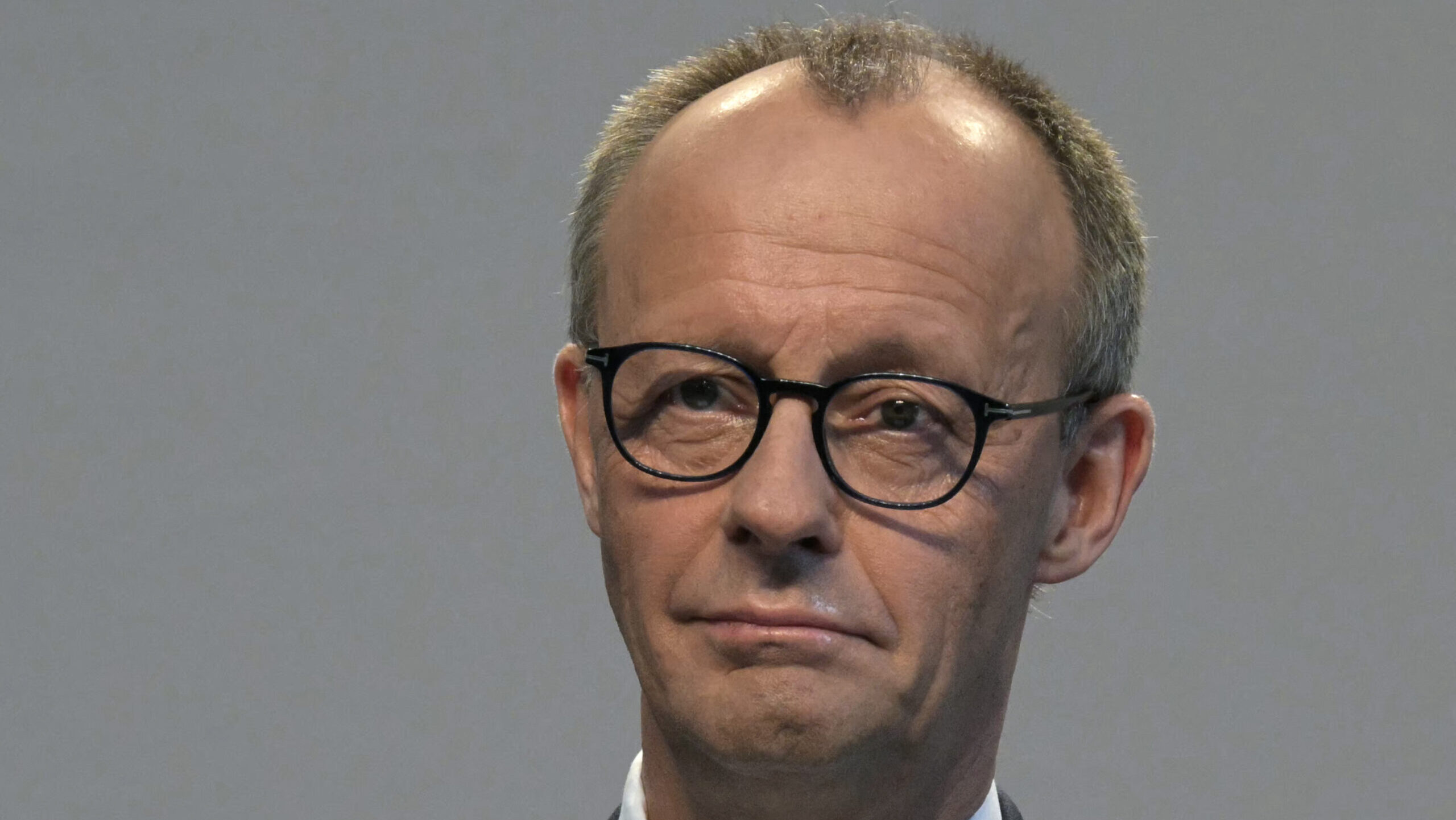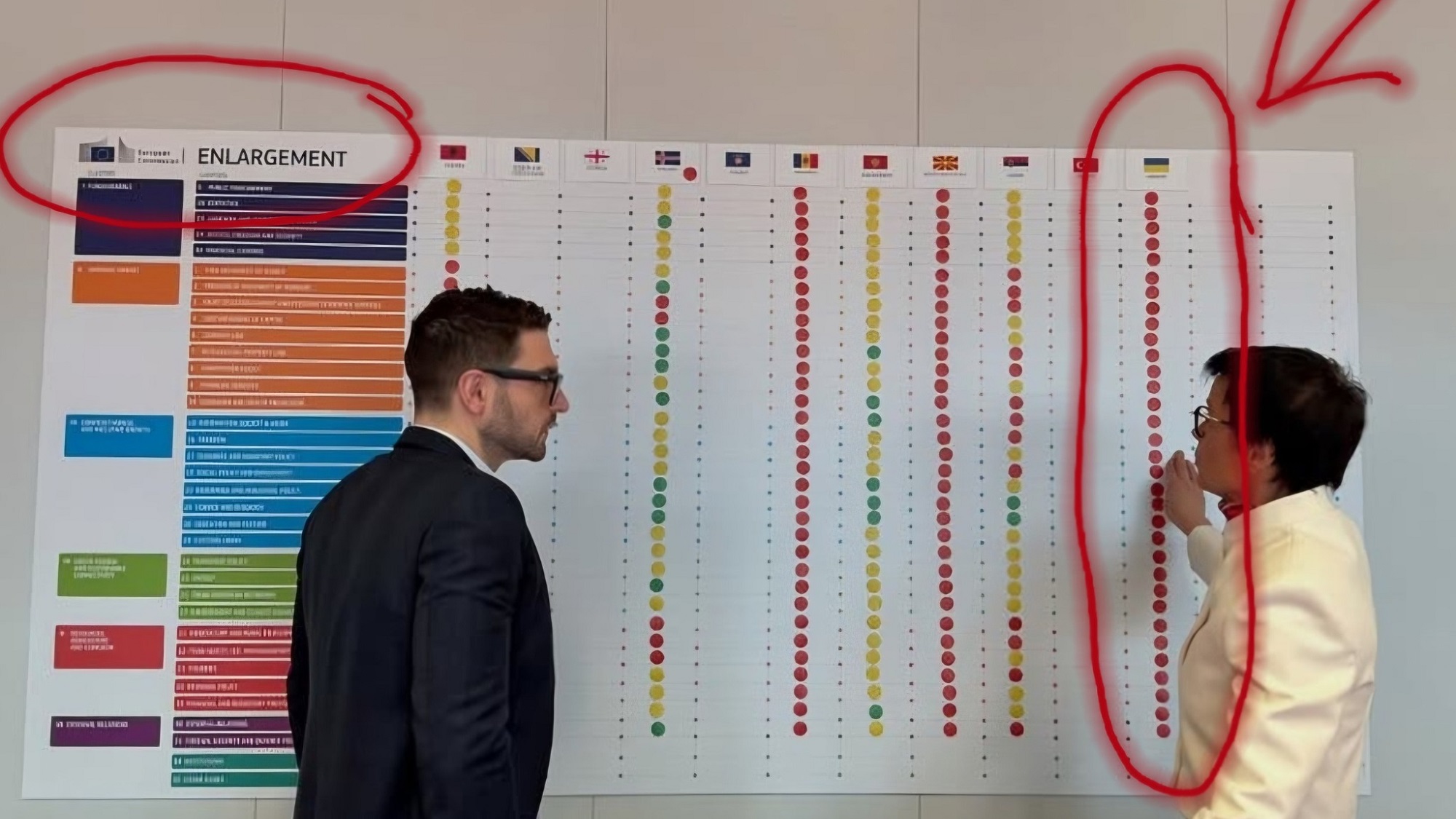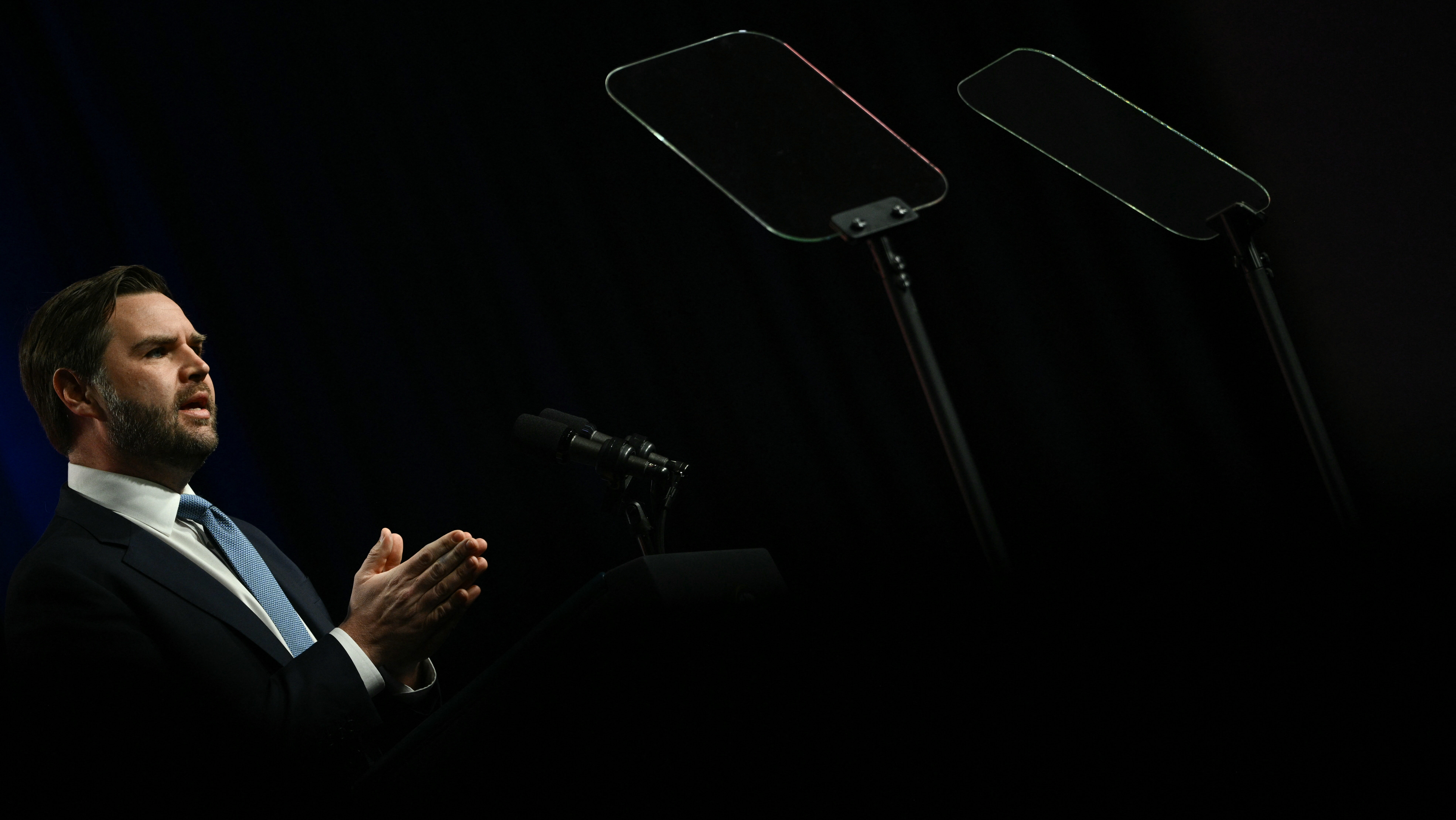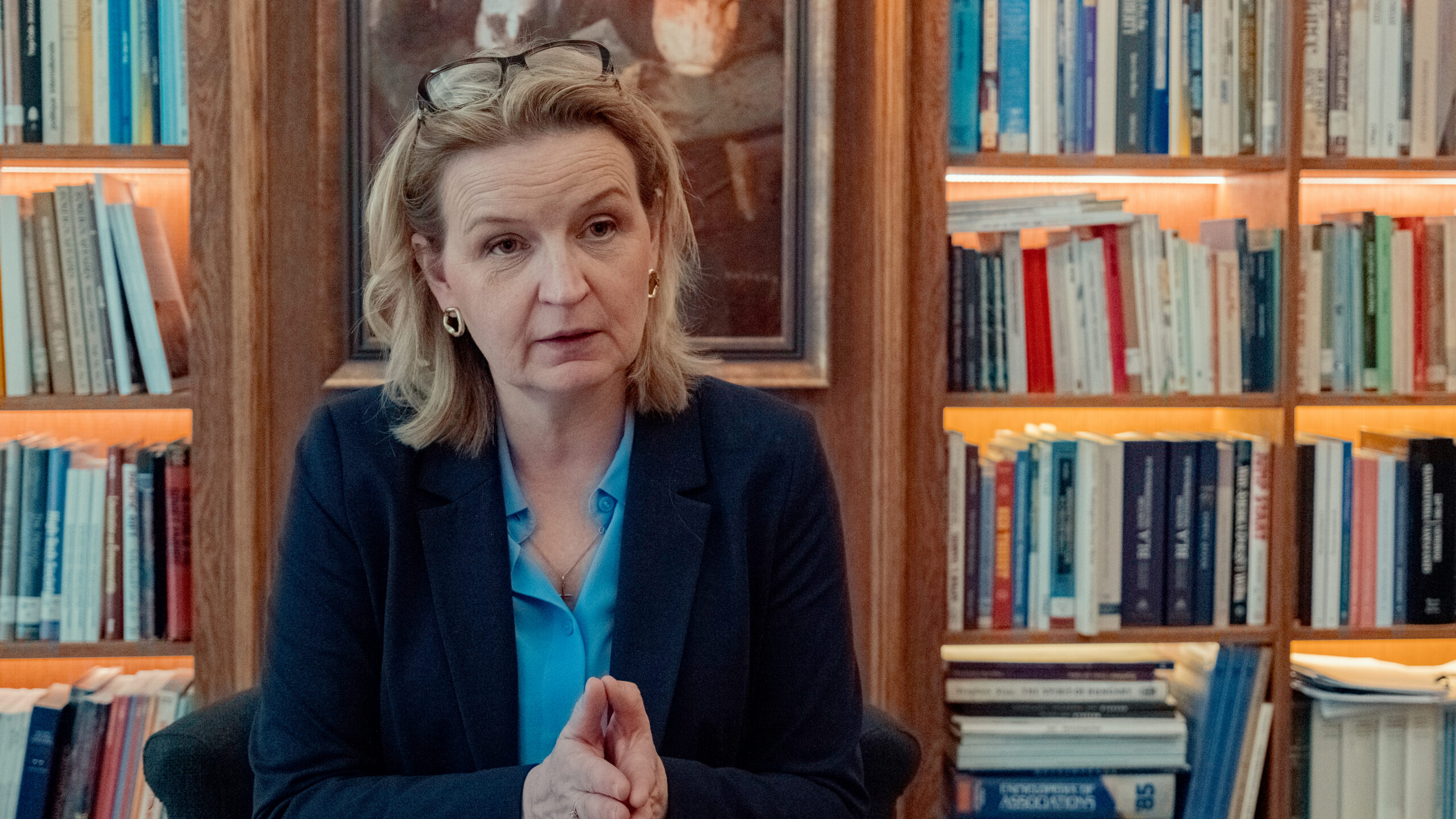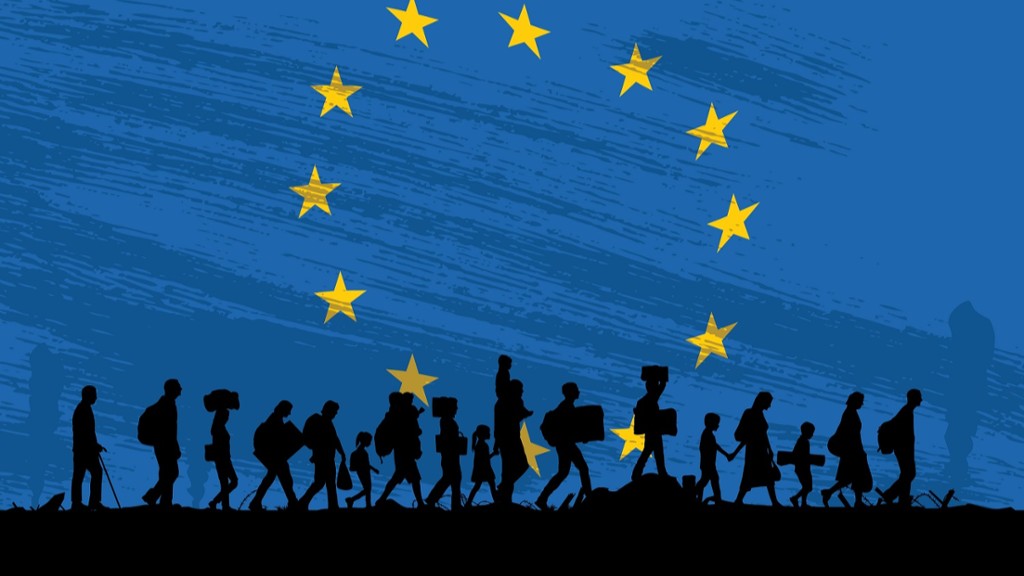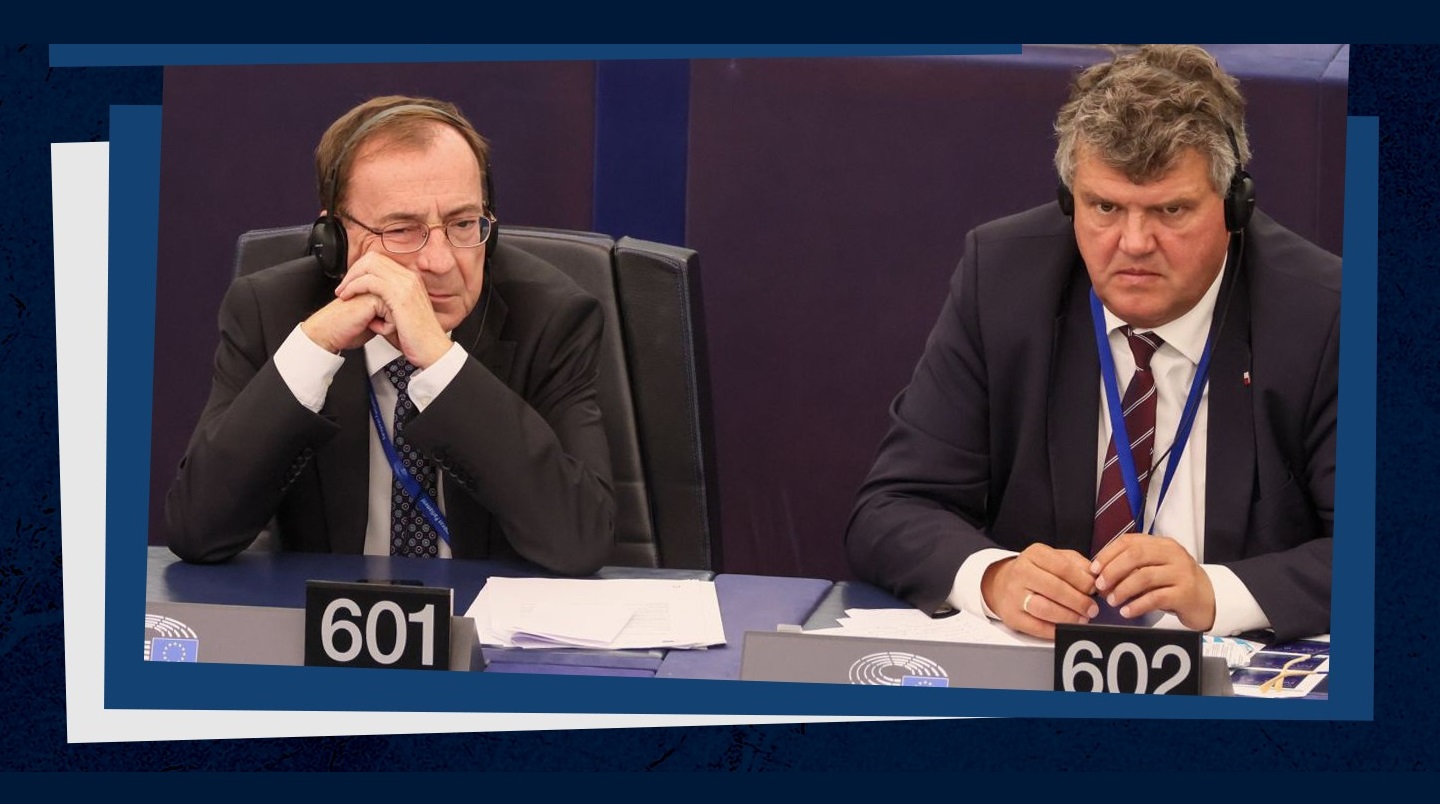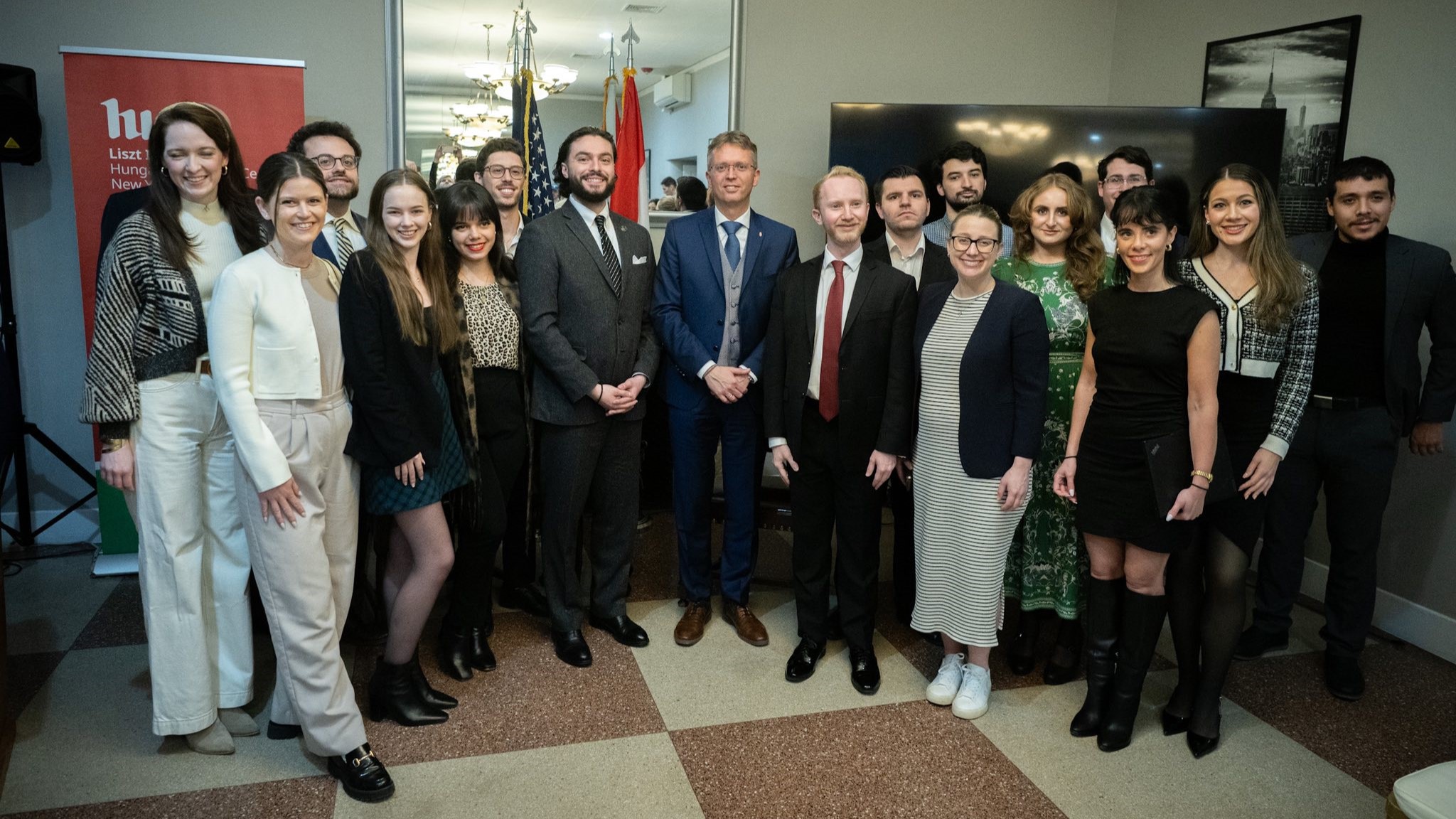
‘Being Hungarian is a privilege, a pride, a mission’ — Prof. Dr. Balázs Hankó in New York
‘At the latest event of the Speaker Series organized by the New York Young Republicans Club (NYYRC), Hungarian Minister of Culture and Innovation Prof. Dr. Balázs Hankó spoke about the significant roles that culture, technology, and diplomatic engagements play in shaping Hungary’s international standing and domestic growth…’

